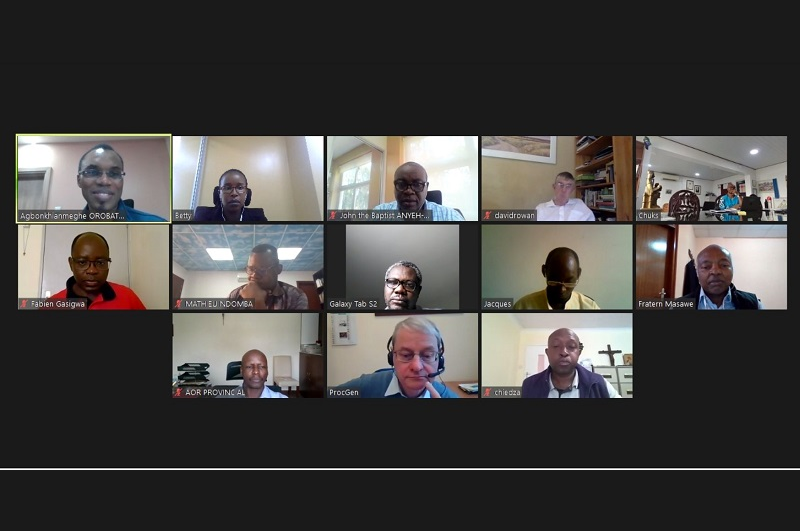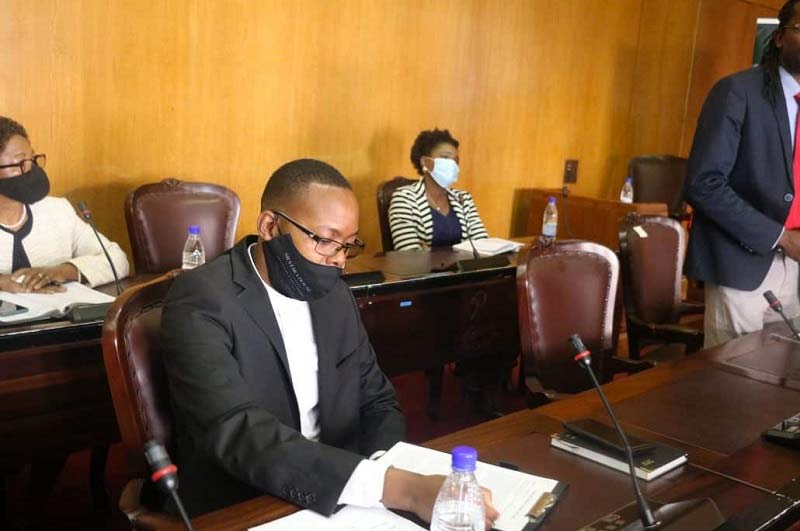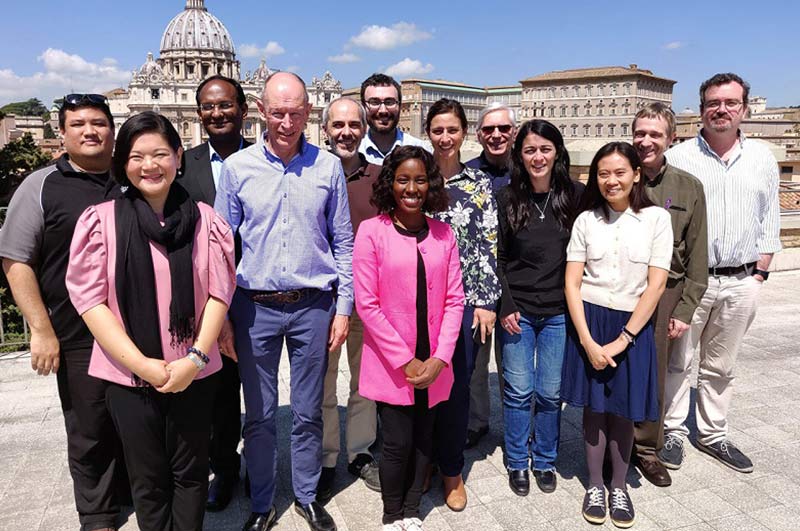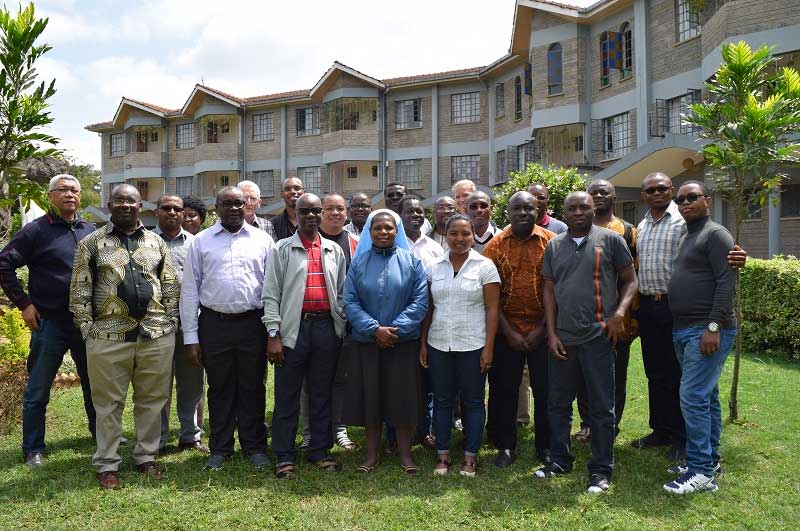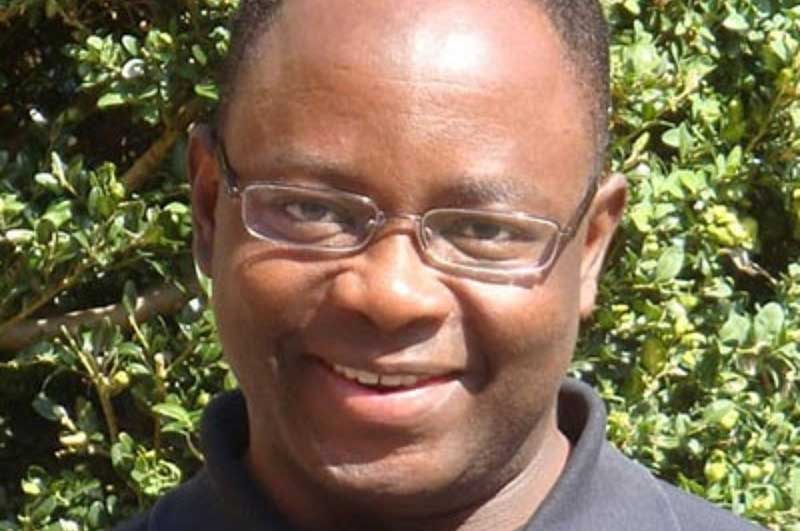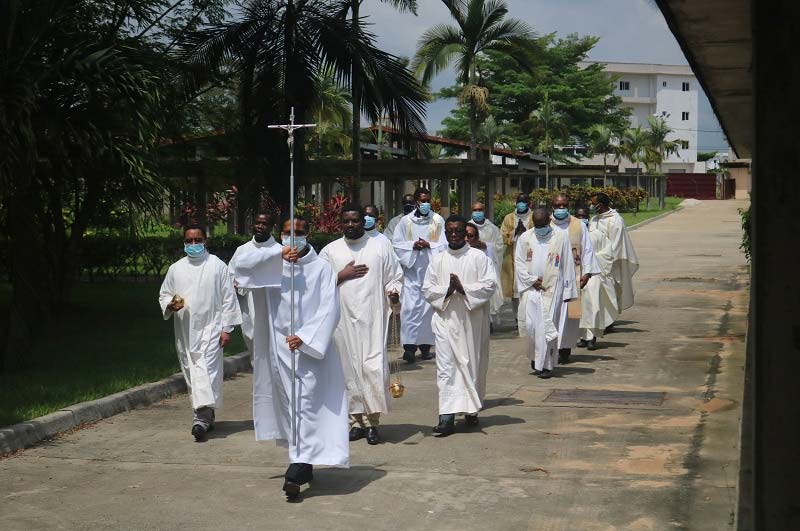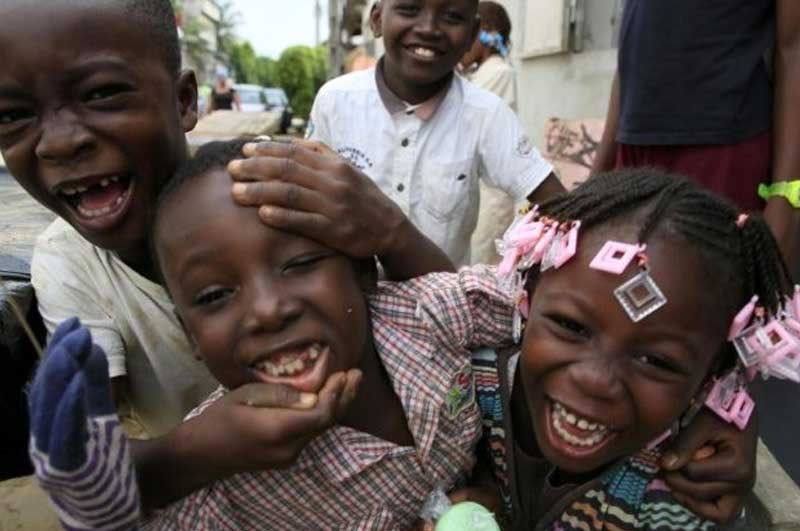


Safeguarding Coordinator of the Jesuit Conference of Africa and Madagascar (JCAM), Beatrice Mumbi, discusses child protection and calls for proactive involvement in challenging abusive practices.
In recent months, many countries across the world imposed mandatory lockdown measures to check the spread of the Covid-19 virus.
Economic and social activities ground to a halt. Millions lost their job. Many lost family members and friends. The world is still straining under the effects of the pandemic - some of which are still emerging.
One group of people that have been severely affected during the lockdown are victims of domestic violence and abuse. Many of whom were and perhaps are still trapped at home with their abusers which may include partners or family relatives.
Widespread media reports indicate a rise in domestic violence and other forms of abuse during this period, with emphasis on the impact on women and children.
While most countries provide services to aid victims of abuse, many religious, charity and NGOs supplement government efforts by providing alternative support options. One example is the child protection office run by the Society of Jesus in Africa.
In an interview with Vatican News, the Protection Coordinator of the Jesuit Conference of Africa and Madagascar (JCAM), Beatrice Mumbi, discusses the important task of protection of children and vulnerable adults, particularly in extraordinary situations such as this global health crisis.
Child protection and safeguarding
Mumbi explains that JCAM’s Child Protection Policy involves promoting the welfare of children in the apostolates run by the Society of Jesus and in the community at large.
“It entails making sure that children do not get harmed … It entails recognizing that there is a lot of violence in families and in society, and working towards ensuring that violence is reduced; and ensuring that those who have already faced violence and harm can get access to support services.”
She points out that one Jesuit has been given the task of overseeing training and sensitization in Jesuit institutions in each one of the nine Jesuit provinces constituting JCAM.
“We are creating a network of people who have been trained and sensitized and therefore they are able to take action at their level – they know where they can take a child who has been abused, they know where to report following the laws of their country, and they know where to seek for medical help.
However, Mumbi stresses that the work of protection is not limited to protecting children alone. “Children do not exist alone, they live in families and in communities”, she said adding that “to the extent that families need to ensure children are safe, we are also concerned about families and women.”
Interview with JCAM's Child Safeguarding CoordinatorAbuse increase during lockdown
Replying to a question about a rise in the rate of abuse during the lockdown, Mumbi affirms that this was partly due to abuse victims being locked down in the same space with their abusers despite ongoing violence.
She explains that before the restrictions, victims could evade abuse by going to stay with neighbors. But during the lockdown, she added, “victims of abuse do not really have an alternative; they have nowhere to go when abuse happens.”
Mumbi also attributes the increase in abuse during the lockdown to a loss of income - especially for those who depend on money from manual or informal jobs. She points out that the resulting economic stress from the loss of income led to more people resorting to violence to resolve small conflicts, inevitably affecting women and children more.
Adapting child protection to the pandemic situationJCAM's primary contact point with children are schools, churches and institutions. Due to their closure, Mumbi said that the Child Protection office redirected its services towards providing food items and vouchers for families facing the risk of starvation due to loss of income.
These efforts aim to “cushion the effect on families that have lost livelihoods and income and, in a way, avoid economic stress that leads to abuse within families,” she explained.

Assisting the work of child protection
Mumbi encourages everyone to be involved in the protection of children and vulnerable adults. She notes sadly that a lot of times, people act like they do not see abuse situations or pretend like it is none of their business. Mumbi points out that “if everybody felt that it is their duty to protect children as well as vulnerable adults, things will be very different.”
“The public needs to proactively challenge abusive practices, the public also needs to actively intervene in cases of abuse,” Mumbi said.
She added that “we are all born with God-ordained dignity and if we appreciated everybody and respected the dignity of everybody - including children and the vulnerable, then we will begin creating a culture that allows children to live a life free from violence and abuse.”
Source: Vatican NewsRelated Articles
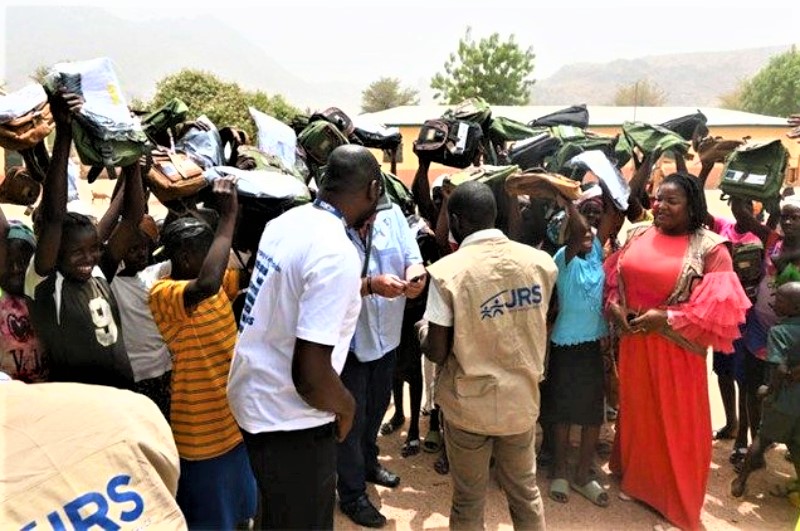

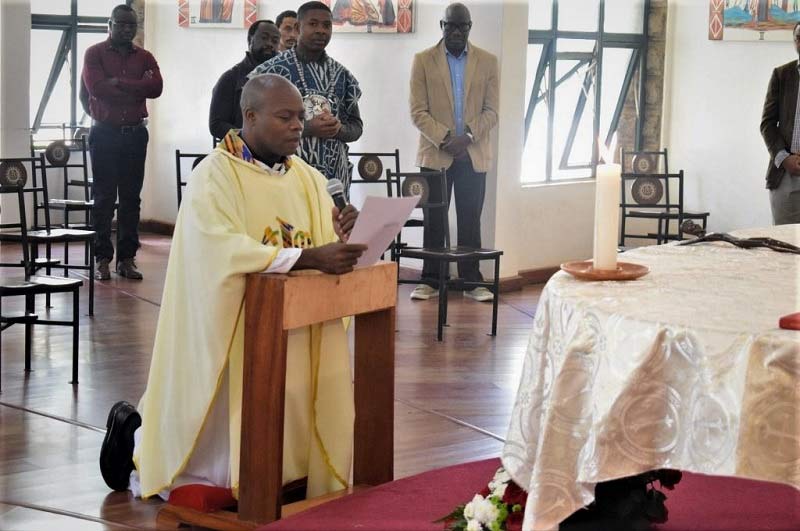
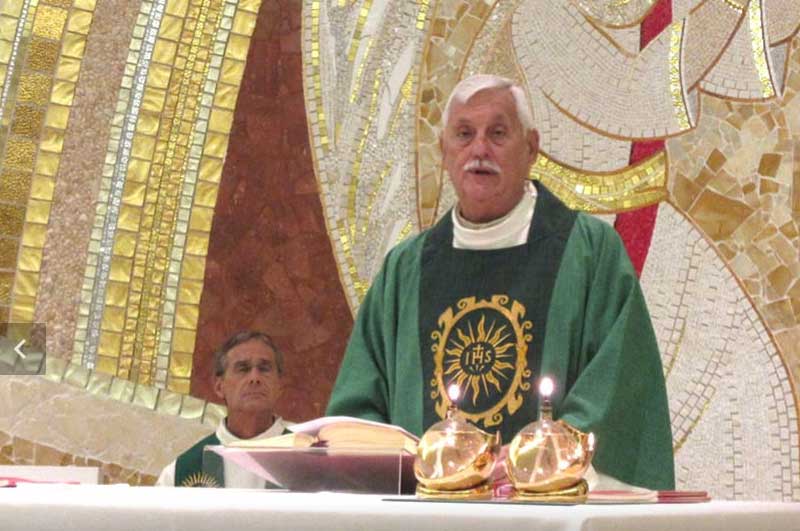
Select Payment Method
Pay by bank transfer
If you wish to make a donation by direct bank transfer please contact Fr Paul Hamill SJ treasurer@jesuits.africa. Fr Paul will get in touch with you about the best method of transfer for you and share account details with you. Donations can be one-off gifts or of any frequency; for example, you might wish to become a regular monthly donor of small amounts; that sort of reliable income can allow for very welcome forward planning in the development of the Society’s works in Africa and Madagascar.
Often it is easier to send a donation to an office within your own country and Fr Paul can advise on how that might be done. In some countries this kind of giving can also be recognised for tax relief and the necessary receipts will be issued.


